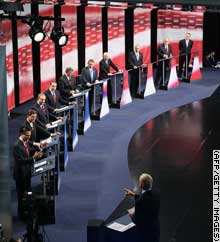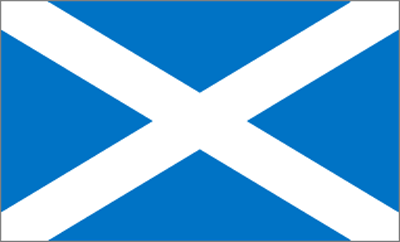
-Contributed by Alison Bowen
Venezuelan President Hugo Chavez officially pulled Venezuela from the U.S.-backed World Bank and International Monetary Fund after criticizing the organizations at a weekend summit of the Bolivarian Alternative for the Americas (ALBA).
According to an April 30 Associated Press article, Chavez also demanded the World Bank return the
”few bucks” left after Venezuela recently repaid debts ahead of schedule.
The announcement came after the summit of the organization, which was formed by Chavez and Cuban leader
Fidel Castro in 2004 and now includes Nicaragua and Bolivia.
Venezuelan President Hugo Chavez met with his leftist allies to discuss objectives of the ALBA, which include strengthening trade and deepening the bond of the region to create
”one big homeland”.
Chavez has also pledged Venezuela’s support of 100 percent of the energy needs for ALBA members as well as Haiti.
Fellow leftist Bolivian President Evo Morales said at the summit that the World Bank’s International Center for Settlement of Investment Disputes discriminates against Latin American governments.
“I didn’t know that body existed, but we’re pulling out anyway,” Chavez said, suggesting Latin American countries could instead create national bodies to settle company disputes.
Other leaders, including Nicaraguan President Daniel Ortega, are hoping to separate themselves from the International Monetary Fund. Ortega and Ecuador’s President Rafael Correa both want to leave the IMF.
In April 29 comments, Chavez responded to the Organization of American States' Inter-American Commission on Human Rights challenge of Venezuela’s decision not to renew the license of Radio Caracas Television, which is operated by the opposition. Chavez called the challenge by the OAS “the last straw” in the meddling of outside coalitions in Venezuelan affairs.
Image: Avmaroc
Links: Associated Press, PressTV, Escambray
 This Saturday is the Mexican holiday of Cinco de Mayo, but unlike popular belief it does not celebrate
This Saturday is the Mexican holiday of Cinco de Mayo, but unlike popular belief it does not celebrate 























